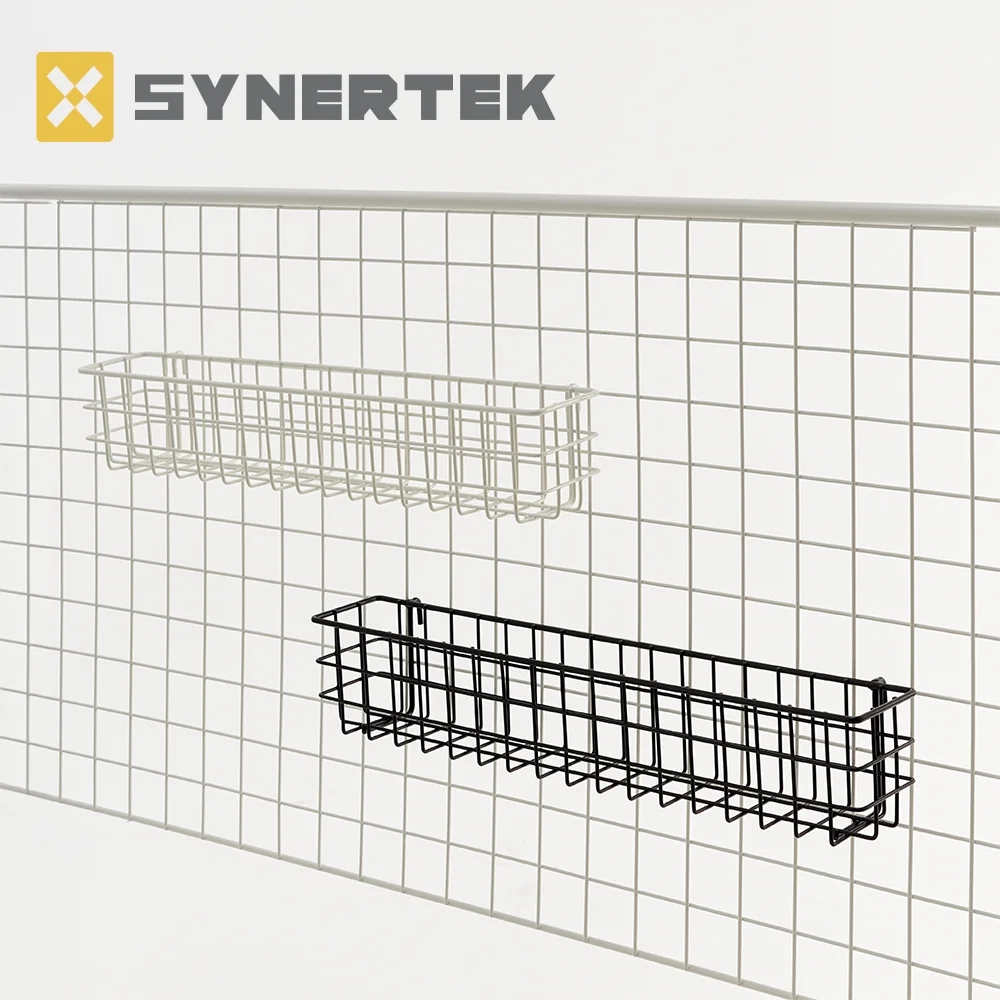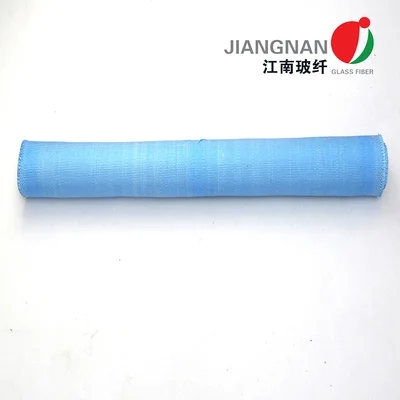When it comes to constructing a solid foundation, the choice of materials plays a pivotal role in ensuring long-lasting stability and durability. In this blog post, we will delve into the world of foundation materials, exploring the best options available in the market today. From traditional choices to innovative alternatives, we will examine their properties, advantages, and suitability for different types of foundations. So, let's dive in and discover the optimal materials for foundation construction.
- Reinforced Concrete: The Time-Tested Champion
Reinforced concrete has been the go-to material for foundation construction for decades, and for good reason. Its exceptional compressive strength, durability, and resistance to moisture make it an ideal choice for various foundation types. The combination of steel reinforcement and concrete creates a robust structure capable of withstanding heavy loads and natural forces. Moreover, reinforced concrete foundations offer excellent fire resistance, making them a reliable choice for both residential and commercial buildings. - Engineered Wood: A Sustainable Alternative
In recent years, engineered wood has gained popularity as an eco-friendly alternative to traditional materials. Engineered wood products, such as glued laminated timber (glulam) and cross-laminated timber (CLT), possess remarkable strength and stability. These materials are manufactured by bonding layers of wood together, resulting in enhanced load-bearing capacity and resistance to warping or shrinking. Engineered wood foundations offer excellent insulation properties, reducing energy consumption and providing a sustainable solution for construction projects. - Steel Piling: The Solution for Challenging Soil Conditions
In areas with challenging soil conditions, steel piling emerges as a reliable choice for foundation construction. Steel piles are driven deep into the ground, providing stability and support to the structure above. The high strength and durability of steel make it suitable for resisting lateral forces, making it an excellent choice for buildings located in earthquake-prone regions. Steel piling foundations are also advantageous in areas with high water tables or expansive soils, where traditional foundations may encounter difficulties. - Insulated Concrete Forms: Combining Strength and Energy Efficiency
Insulated Concrete Forms (ICFs) offer a unique combination of strength, insulation, and energy efficiency. These forms consist of interlocking panels or blocks made of expanded polystyrene (EPS) or other insulating materials. Once assembled, the forms are filled with concrete, creating a solid and well-insulated foundation. ICFs provide excellent thermal performance, reducing heating and cooling costs for buildings. Additionally, their soundproofing properties contribute to a quieter indoor environment.
Conclusion:
Choosing the best material for foundation construction is a critical decision that impacts the longevity and stability of any structure. While reinforced concrete remains the tried-and-true choice, alternatives such as engineered wood, steel piling, and insulated concrete forms offer unique advantages in specific scenarios. By considering factors such as soil conditions, structural requirements, and sustainability goals, builders and engineers can make informed decisions to ensure the success of their foundation projects. Remember, a strong foundation sets the stage for a solid and secure building for years to come.



